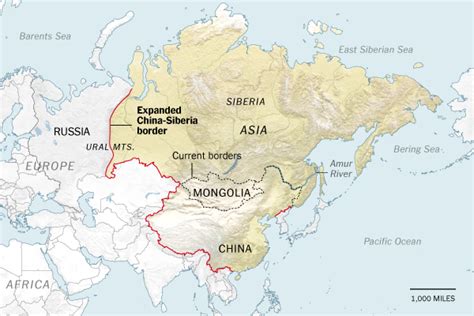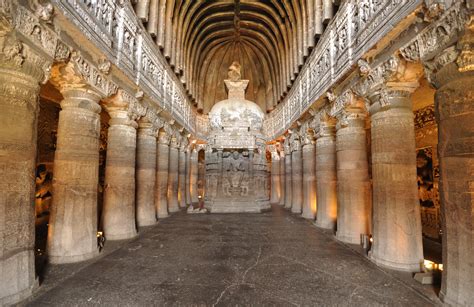siberia frontier china mongolia arcaelogican excavation griffin altai mountains Our survey team located, documented, and examined 25 caves from four regions in the Gobi-Altai Mountains in western Mongolia. We found that most caves do not contain . Specs for the Bobcat 442. Find equipment specs and information for this and other Mini Excavators. Use our comparison tool to find comparable machines for any individual specification.
0 · south siberia in china
1 · caves in mongolia
2 · buddhist caves in mongolia
3 · altai mountains mongolia
4 · altai mountains ice margins
5 · altai mountains hunting
6 · altai mountains archaeology
Specification (s) are provided for comparison purposes only and are subject to change without .
An article that explores the history of Tuva, a Turkic-speaking people of South Siberia, in Chinese and Russian sources. It discusses the geography, population, political status, and cultural . Our survey team located, documented, and examined 25 caves from four regions in the Gobi-Altai Mountains in western Mongolia. We found that most caves do not contain .
The typological parallels between the archaeological finds from Liushui and Taklamakan and those from Siberia, Kazakhstan, Mongolia, and northern China might suggest long-distant .
cat skid steer 226b for sale
The transition from hunting to herding transformed the cold, arid steppes of Mongolia and Eastern Eurasia into a key social and economic center of the ancient world, but . Learn about the ancient Pazyryk culture of the Altai Mountains, a Scythian-Siberian type culture with rich artistic and trade connections. Discover the treasures of the frozen . A fundamentally new phase in the history of Mongolian archaeology began in 1995 with the formation of the trilateral Joint Mongolian-Russian-American Archaeological . The location and geographic extent of the ancient Scythia varied over time, encompassing the Altai-Sayan region and the adjacent parts of Mongolia, North China and .
Four archaeological sites along the western frontier of China and Mongolia were analyzed for cranial trauma patterns. These patterns were then used to determine levels of violence, who .
south siberia in china
We have examined 40 assemblages from the following regions: Russian (Gorny or Mountainous) Altai, Central Siberia, Eastern Siberia, the Mongolian Altai and Dzungaria, .Archaeological finds of the last several decades in China, Mongolia, and South Siberia encourage a reconsideration of the nature and extent of cultural exchange between Zhou China and the .

An article that explores the history of Tuva, a Turkic-speaking people of South Siberia, in Chinese and Russian sources. It discusses the geography, population, political status, and cultural . Our survey team located, documented, and examined 25 caves from four regions in the Gobi-Altai Mountains in western Mongolia. We found that most caves do not contain .
The typological parallels between the archaeological finds from Liushui and Taklamakan and those from Siberia, Kazakhstan, Mongolia, and northern China might suggest long-distant .
The transition from hunting to herding transformed the cold, arid steppes of Mongolia and Eastern Eurasia into a key social and economic center of the ancient world, but . Learn about the ancient Pazyryk culture of the Altai Mountains, a Scythian-Siberian type culture with rich artistic and trade connections. Discover the treasures of the frozen .
A fundamentally new phase in the history of Mongolian archaeology began in 1995 with the formation of the trilateral Joint Mongolian-Russian-American Archaeological .
The location and geographic extent of the ancient Scythia varied over time, encompassing the Altai-Sayan region and the adjacent parts of Mongolia, North China and .Four archaeological sites along the western frontier of China and Mongolia were analyzed for cranial trauma patterns. These patterns were then used to determine levels of violence, who . We have examined 40 assemblages from the following regions: Russian (Gorny or Mountainous) Altai, Central Siberia, Eastern Siberia, the Mongolian Altai and Dzungaria, .
Archaeological finds of the last several decades in China, Mongolia, and South Siberia encourage a reconsideration of the nature and extent of cultural exchange between Zhou China and the .An article that explores the history of Tuva, a Turkic-speaking people of South Siberia, in Chinese and Russian sources. It discusses the geography, population, political status, and cultural .
case skid steer tr300 for sale
Our survey team located, documented, and examined 25 caves from four regions in the Gobi-Altai Mountains in western Mongolia. We found that most caves do not contain .The typological parallels between the archaeological finds from Liushui and Taklamakan and those from Siberia, Kazakhstan, Mongolia, and northern China might suggest long-distant . The transition from hunting to herding transformed the cold, arid steppes of Mongolia and Eastern Eurasia into a key social and economic center of the ancient world, but . Learn about the ancient Pazyryk culture of the Altai Mountains, a Scythian-Siberian type culture with rich artistic and trade connections. Discover the treasures of the frozen .

A fundamentally new phase in the history of Mongolian archaeology began in 1995 with the formation of the trilateral Joint Mongolian-Russian-American Archaeological . The location and geographic extent of the ancient Scythia varied over time, encompassing the Altai-Sayan region and the adjacent parts of Mongolia, North China and .
caves in mongolia
buddhist caves in mongolia
Four archaeological sites along the western frontier of China and Mongolia were analyzed for cranial trauma patterns. These patterns were then used to determine levels of violence, who . We have examined 40 assemblages from the following regions: Russian (Gorny or Mountainous) Altai, Central Siberia, Eastern Siberia, the Mongolian Altai and Dzungaria, .

cat skid steer on tracks for sale
altai mountains mongolia
Some transport devices have D-rings, chain slots or built-in strap rails that allow you to easily connect your excavator to the trailer. Always use the recommended connection points and securements to minimize damage . At this time also inspect the tie-down points and tie-down equipment used to secure your machine.
siberia frontier china mongolia arcaelogican excavation griffin altai mountains|altai mountains archaeology